Undoubtedly, some sci-fi movies keep things pretty simple, and are all the better off for it. At least the first Star Wars is, for example (if you want to count it as science fiction), as are most giant monster movies, and the same can be said for classics like Predator, Alien, and Jurassic Park. Simplicity isn’t bad (and some of those films have more complex themes), but not all sci-fi films go for that kind of thing.
Hopefully, the following titles will demonstrate this pretty well, as all of them are quite ambitious on a narrative front, with a great many moving parts and/or things to say. These movies are also pretty much perfect, or close to it, so that should demonstrate they’re not overly complex or convoluted, either. They go big, they’re sometimes (but not always) epic in scope, and they’re effectively mind-expanding pieces of cinema.
10
‘Arrival’ (2016)
Directed by Denis Villeneuve
Before 2016, Denis Villeneuve was known for making movies that belonged to genres other than science fiction, though since 2016 (and as of 2025), that’s the genre he’s been operating in the most. Arrival kicked this stage of his directing career off, in a way, and it’s perhaps the most small-scale sci-fi movie he’s directed yet, though it manages to do a lot narratively and emotionally.
It’s the balancing of a personal story about grief with a more global one about communicating with an alien race that makes Arrival stand out, and feel exceptionally well-executed on a writing front. There’s a good deal to think about here, as well as a lot to feel, and it stays engaging while not relying on action sequences or big set pieces the way you’d expect most “aliens coming to Earth” films would do.
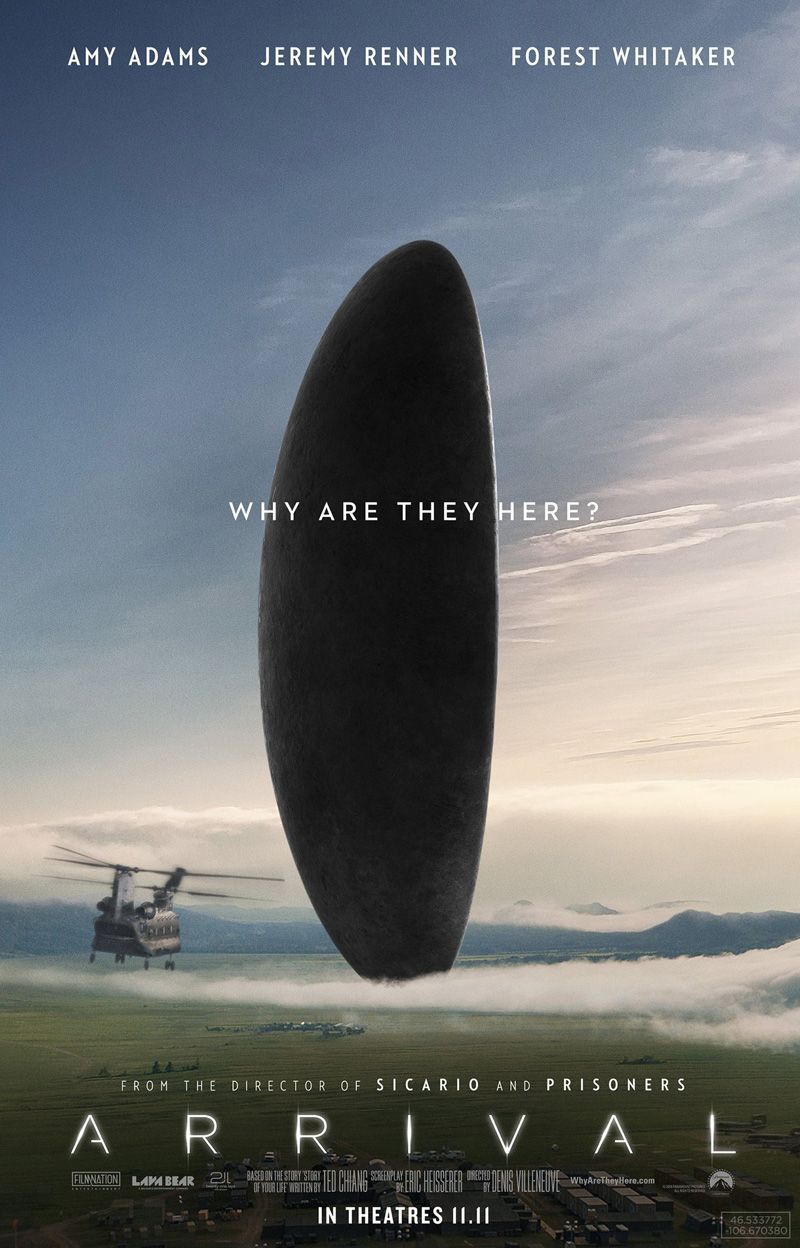
Arrival
- Release Date
-
November 10, 2016
- Runtime
-
116 Minutes
9
‘Beyond the Infinite Two Minutes’ (2020)
Directed by Junta Yamaguchi

Time travel can be taken somewhat seriously in the right hands (looking at you, James Cameron-directed Terminator movies), but it’s also a concept that lends itself well to comedy. Few movies demonstrate this quite as well as the wonderfully weird Beyond the Infinite Two Minutes, which… well, admittedly, it’s not about a time machine, but it is about a television that lets people see two minutes into the future.
Getting to see the future – and finding ways to see further into it – does allow for quite a bit of time-bending chaos, and Beyond the Infinite Two Minutes is exceptionally clever in the way it keeps adding layers to the story. It’s a pretty short film, clocking in at just 71 minutes, but it goes to so many wild places throughout, and proves endlessly clever, starting simple and just pushing itself further and further as it goes along.
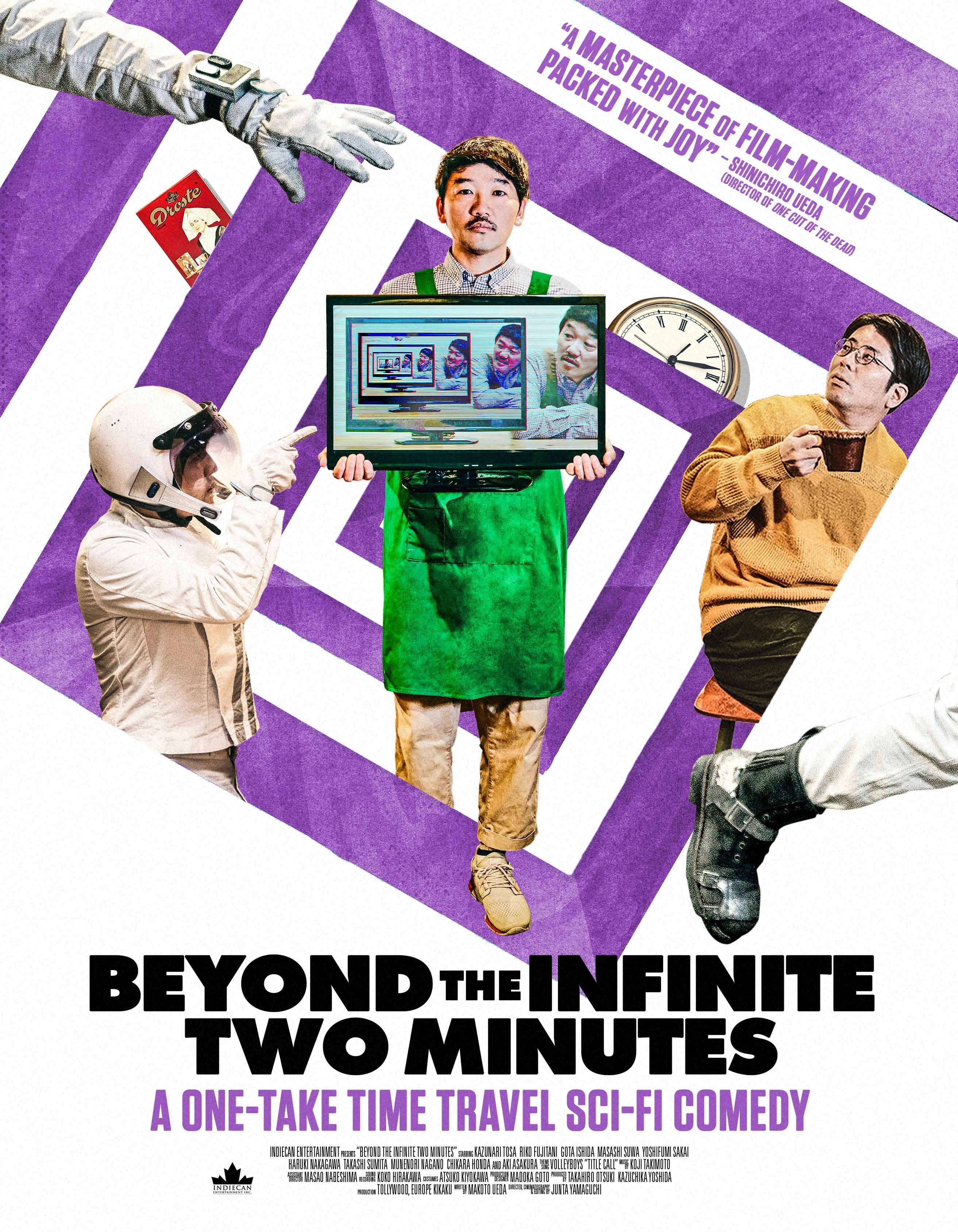
Beyond the Infinite Two Minutes
- Release Date
-
June 5, 2020
- Runtime
-
71m
- Director
-
Junta Yamaguchi
Cast
8
‘Everything Everywhere All at Once’ (2022)
Directed by Daniel Scheinert, Daniel Kwan
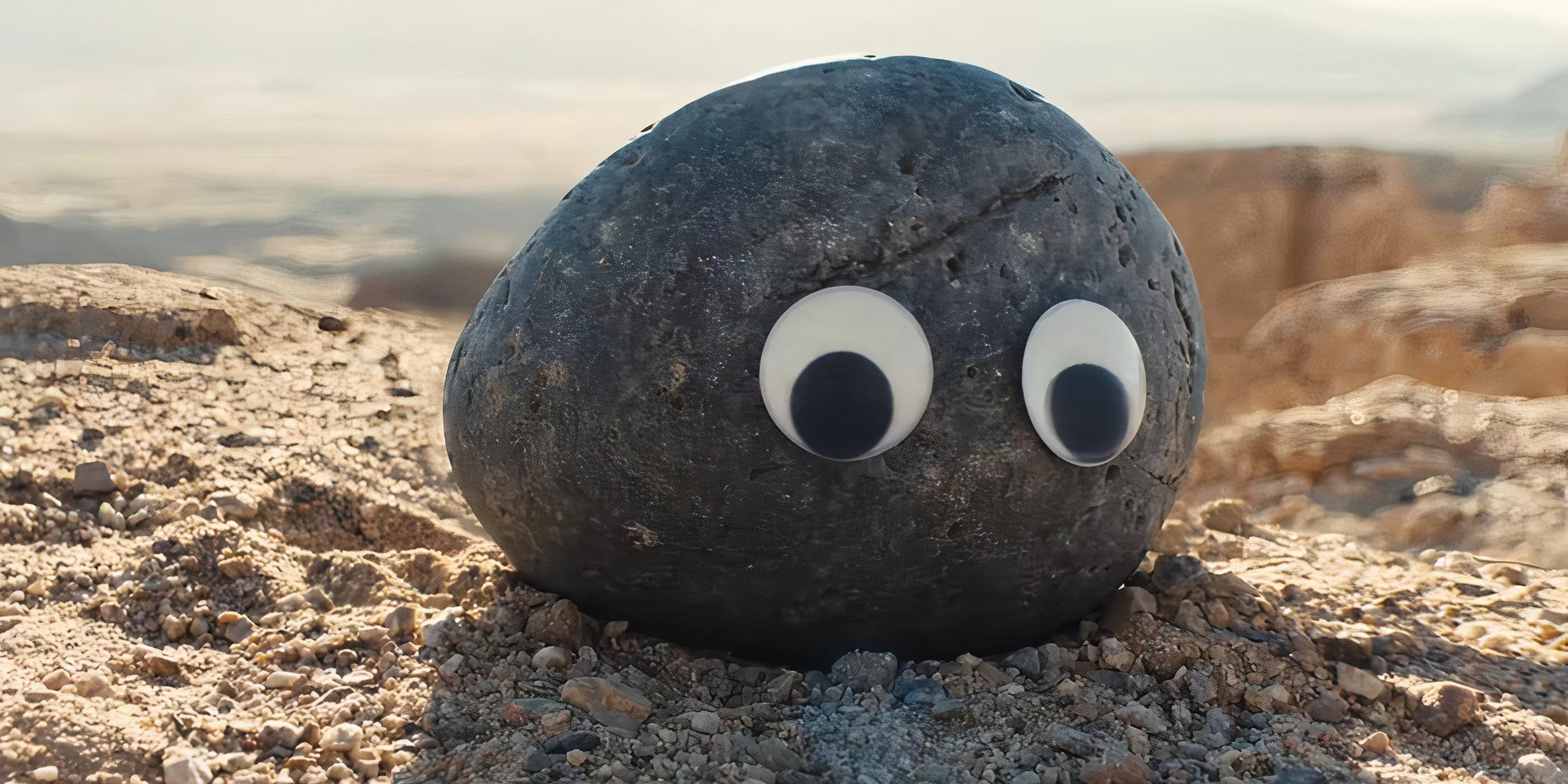
If a science fiction movie claims to go everywhere and do everything all at once, and actually succeeds at such a task in the way Everything Everywhere All at Once does, then it’s worth shouting out for present purposes. This movie takes the idea of a multiverse and gets weird with it, throwing a middle-aged woman and her family – plus their alternate selves – into a battle for the fate of the universe.
Everything Everywhere All at Once gets profound, gross, funny, surprising, unsettling, and exciting, biting off so much and still managing to chew it all.
Along the way, Everything Everywhere All at Once gets profound, gross, funny, surprising, unsettling, and exciting, biting off so much and still managing to chew it all. It’s a martial arts movie with a unique spin, and it’s probably the wildest movie to ever win Best Picture at the Academy Awards (it’s still honestly pretty cool that it won in that category, plus a bunch of others).
7
‘Akira’ (1988)
Directed by Katsuhiro Otomo
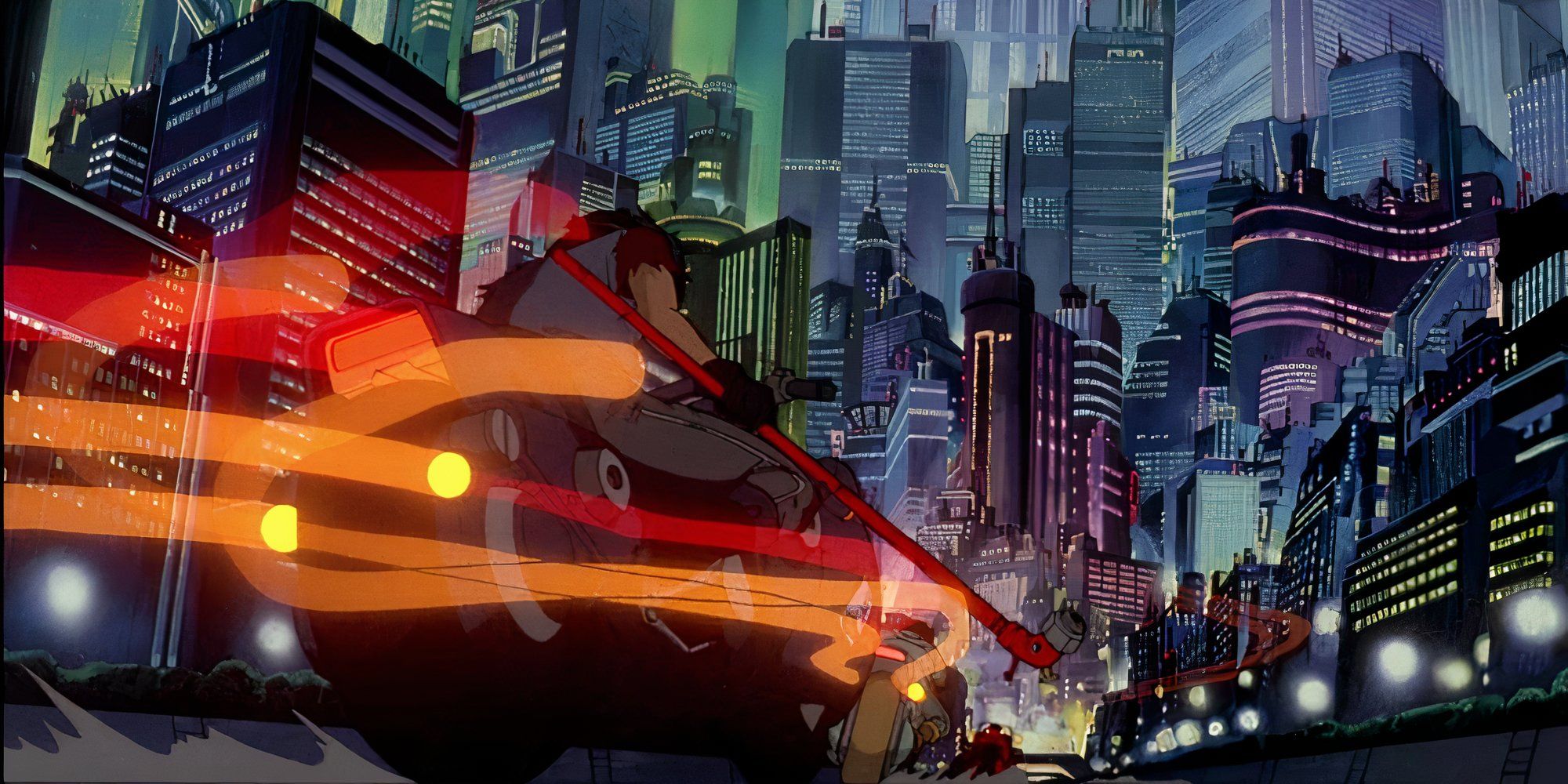
Adapting Akira couldn’t have been easy, considering that the original manga series was six volumes long, and clocked in at over 2000 pages in length. It turns out Katsuhiro Otomo was the right person for the job, though, as he directed the 1988 film adaptation on top of being the author and illustrator of the entire manga series, condensing all those pages into a movie just over two hours long.
It’s not a complete adaptation, with lots of characters cut out and some pretty massive things that happen in the manga not happening in the film, but you do really get the gist of it. There are some out-there powers, various factions, and pretty large character arcs that all get squeezed into a single film, and though it’s a little overwhelming, it does work and still feels surprisingly coherent, all things considered. Oh, and on a technical front, it’s obviously an incredible filmmaking accomplishment, too.
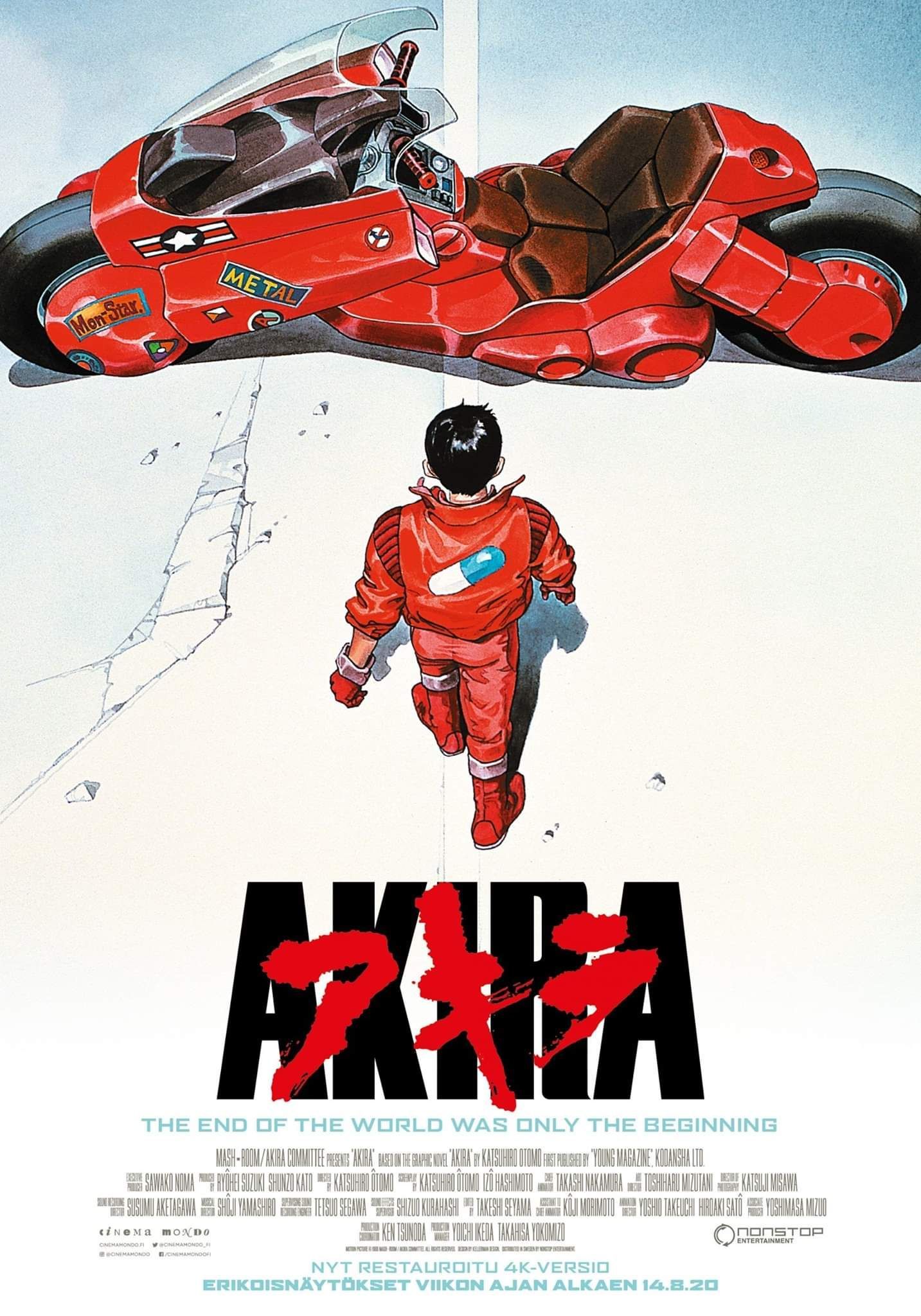
Akira
- Release Date
-
July 16, 1988
- Runtime
-
124 Minutes
6
‘Dune: Part Two’ (2024)
Directed by Denis Villeneuve
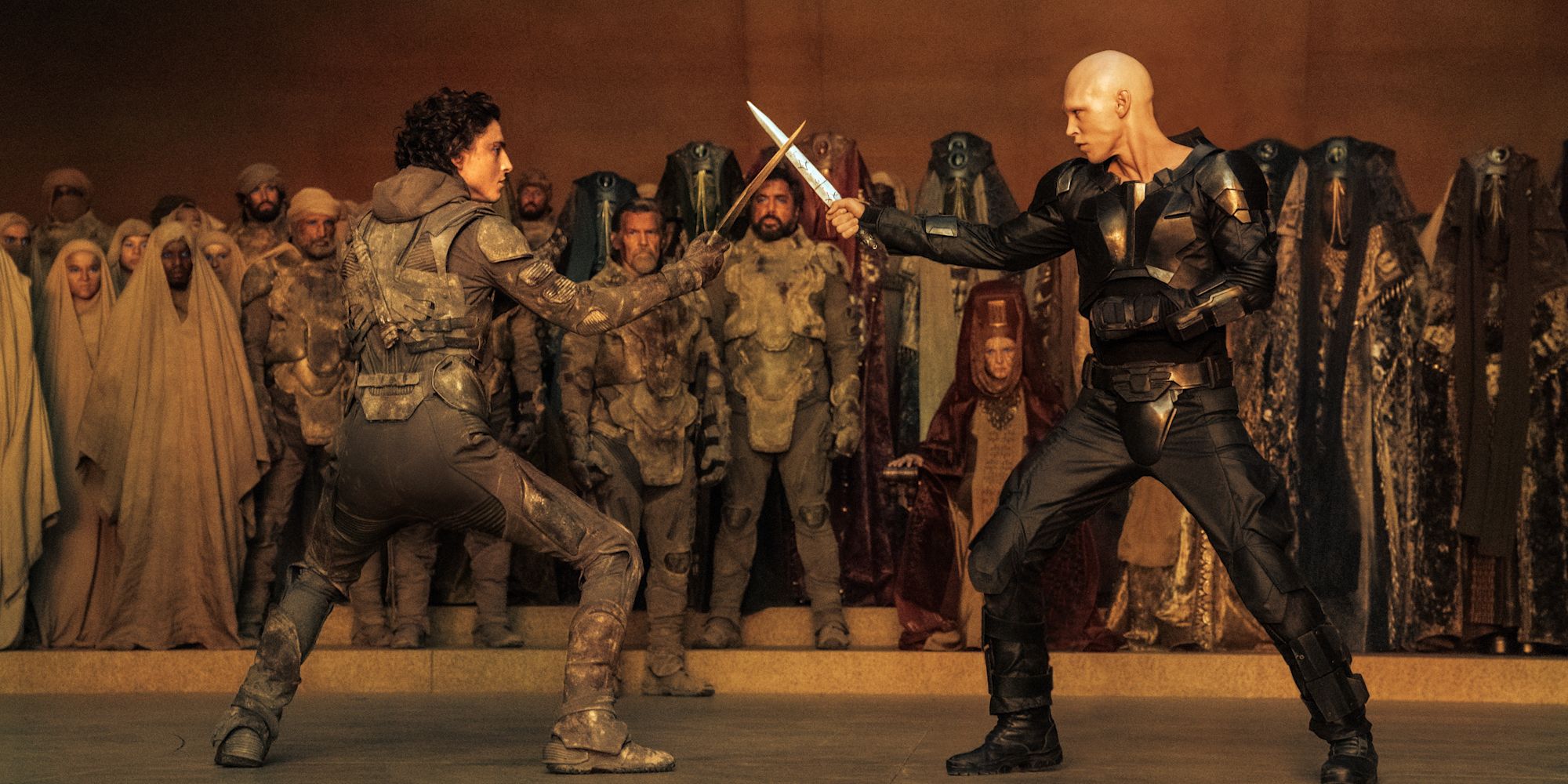
Not that 2021’s Dune was simple, but 2024’s Dune: Part Two does go a whole lot bigger on a narrative front, while getting admirably more complex morally, too. The first half of the story, while still exciting, now does feel more like set-up in hindsight, though not in a bad way. After all, both films together form one epic that adapts the entirety of Frank Herbert’s Dune.
Dune: Part Two feels like not just a great sci-fi movie, but maybe even one of the best films (of any genre) from the 2020s so far. It’s an undeniable spectacle, and one that made Paul Atreides a great deal more interesting as a main character than he was in the first movie. Like he did with Arrival, Denis Villeneuve knocked this one out of the park… or out of the galaxy, given the size of it.
5
‘Stalker’ (1979)
Directed by Andrei Tarkovsky
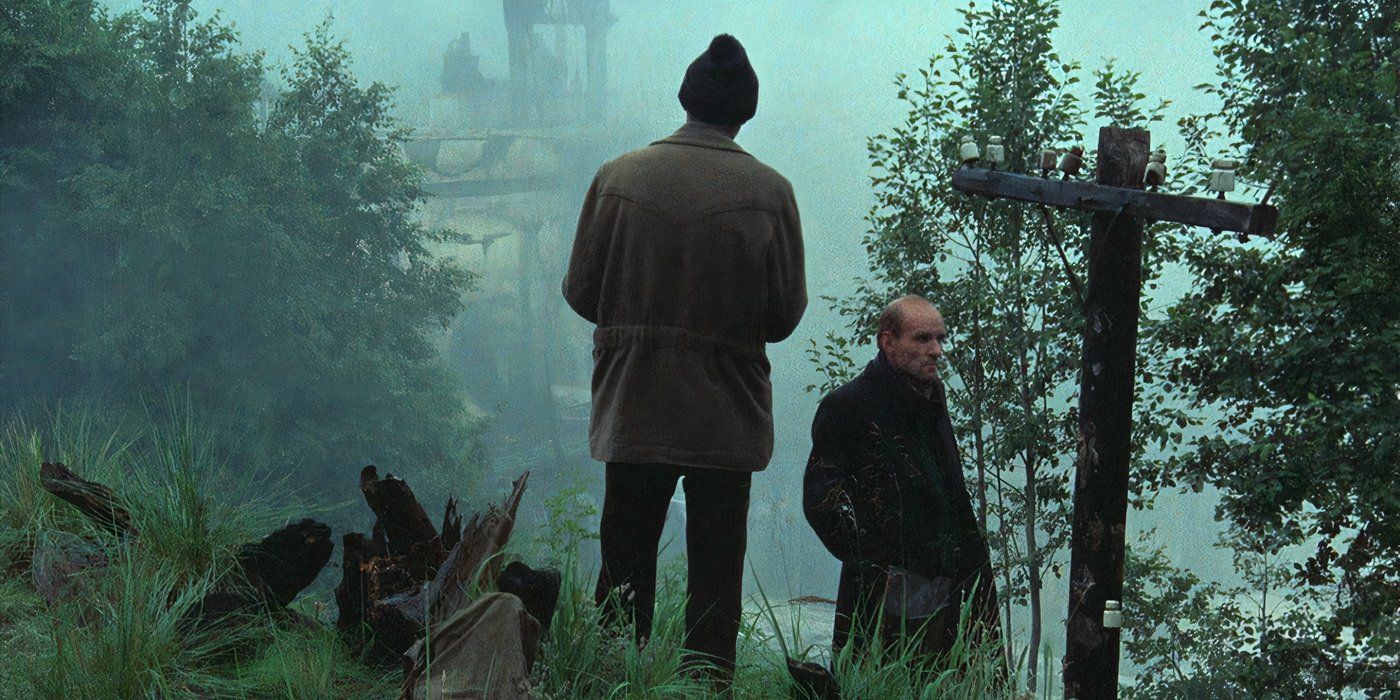
Stalker starts simple, with its story focusing on three men who venture into a strange place called the Zone, seeking out some kind of enlightenment said to be within it, but the journey ends up being anything but straightforward. It unfolds slowly, but unpacks a great deal thematically and narratively along the way, all to the point where it feels like snapping out of a trance once it does eventually finish.
It might not be the kind of science fiction film that’s for everyone, but it is worth giving a try at least once, if you want to see something that’s a little different from the usual sci-fi fare. It’s probably one of the more approachable Andrei Tarkovsky films, too, but given his style and sometimes overwhelming ambition as a filmmaker, that doesn’t necessarily mean it’s approachable in a more general sense.

Stalker
- Release Date
-
May 25, 1979
- Runtime
-
161 Minutes
4
‘Eternal Sunshine of the Spotless Mind’ (2004)
Directed by Michel Gondry

Though it’s probably a romance movie (well, more accurately, a break-up film) first and foremost, Eternal Sunshine of the Spotless Mind also functions as a piece of science fiction. After all, the premise here involves technology that allows people to erase memories of their ex-partners, which two people do, only for complications to ensue when one of them starts to have regrets about the procedure (which takes some time to complete).
It might sound pretentious, but while some sci-fi movies venture outwards into space and beyond, Eternal Sunshine of the Spotless Mind journeys inwards, and has so much of the narrative play out inside the main character’s mind. The approach is unusual but also very moving, and the film manages to be emotionally hard-hitting, thought-provoking, and complex, all the while still feeling achingly relatable.
3
‘Paprika’ (2006)
Directed by Satoshi Kon
The device at the center of Paprika perhaps isn’t as upsetting as the one in Eternal Sunshine of the Spotless Mind, but there are still some serious stakes attached to it. The technology explored in this animated science fiction movie is a device that can allow therapists to explore the dreams of their patients, but then that device goes missing and all hell breaks loose on a strange odyssey to retrieve it.
Paprika is very hard to follow, at a certain point, but it’s also a movie that is kind of that way by design, and not dense or convoluted in a frustrating sense, either. It operates on, fittingly enough, a dreamlike logic throughout, and it’s the wildness and unpredictability of it all that help make it such an essential anime film.
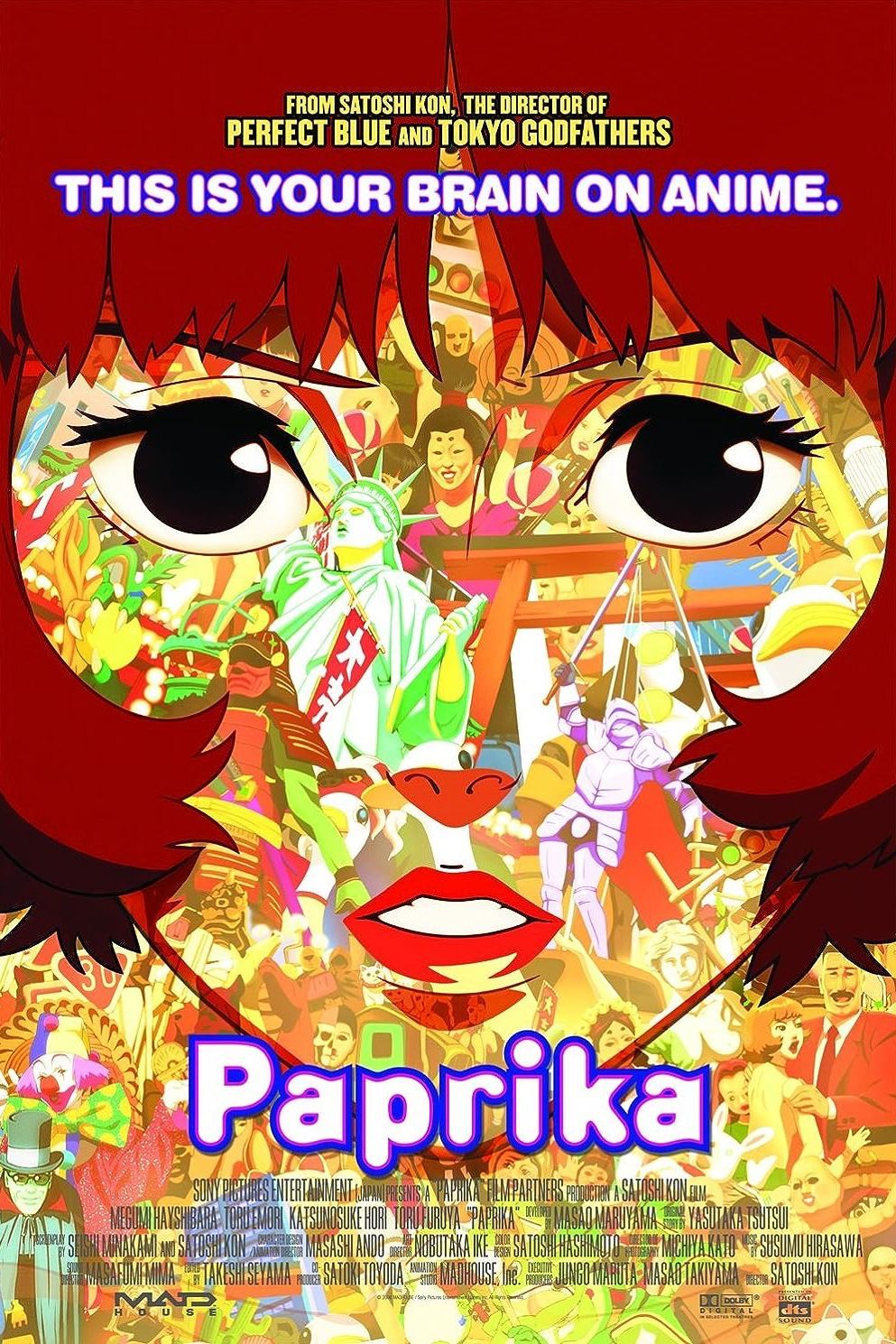
Paprika
- Release Date
-
November 25, 2006
- Runtime
-
90 Minutes
2
‘The Matrix’ (1999)
Directed by Lana Wachowski, Lilly Wachowski
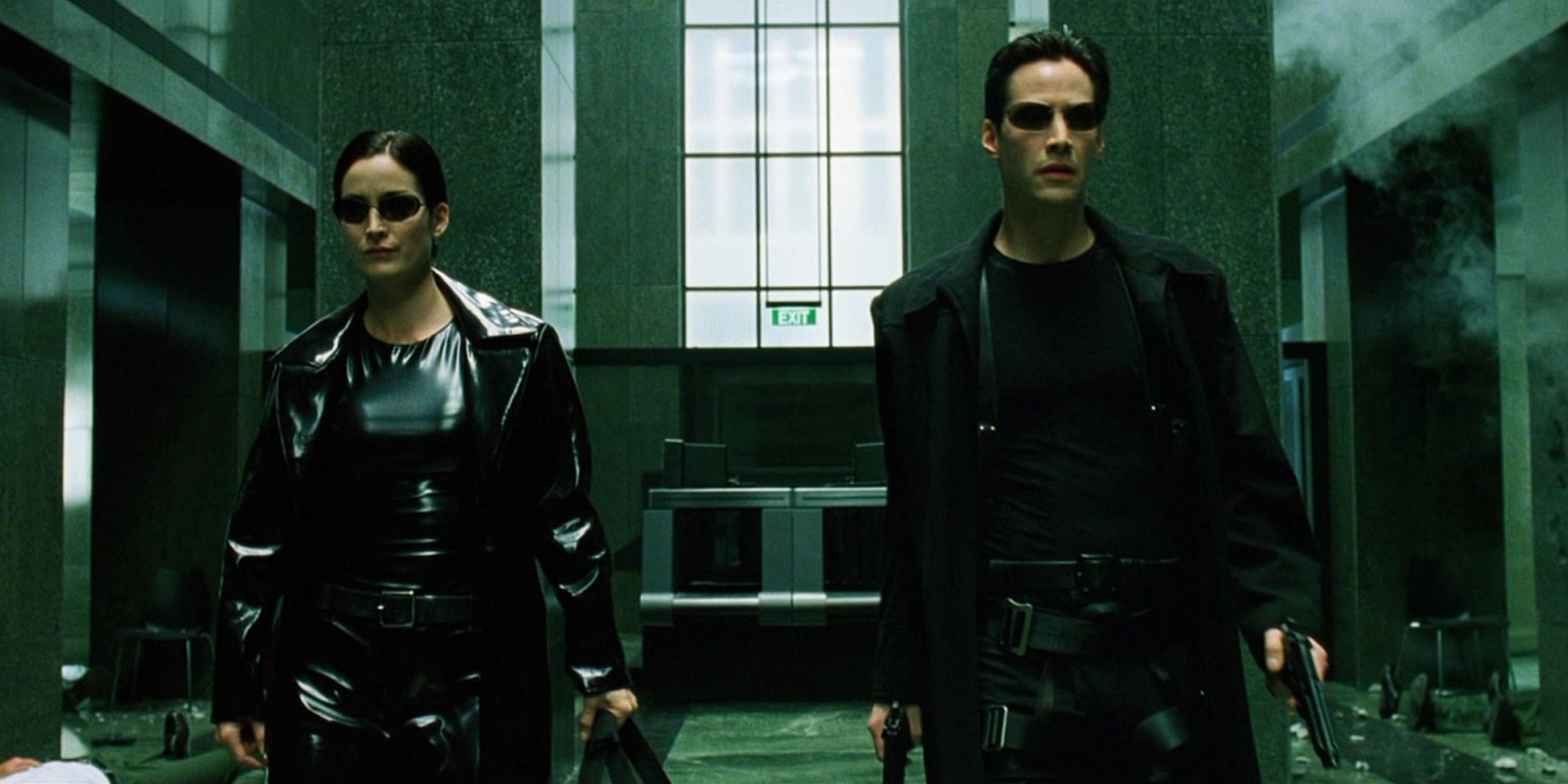
While some of its sequels might get a little too dense and overly complicated, 1999’s The Matrix feels perfectly balanced as far as storytelling, thematic stuff, and entertainment value are concerned. This film has a bunch of complicated ideas that it breaks down well, following a hacker who learns the truth about the world around him, and joins forces with some futuristic freedom fighters to rage against the machine, so to speak.
Again, compared to the sequels, it doesn’t feel too complex, and it’s also such a well-known movie by now that many of its concepts are pretty common knowledge, but The Matrix would’ve been a lot for people watching it for the first time, back when it originally came out. It just hits all the right notes, and works tremendously well as something that’s both mind-expanding and super exciting on an action front… the best of both worlds.
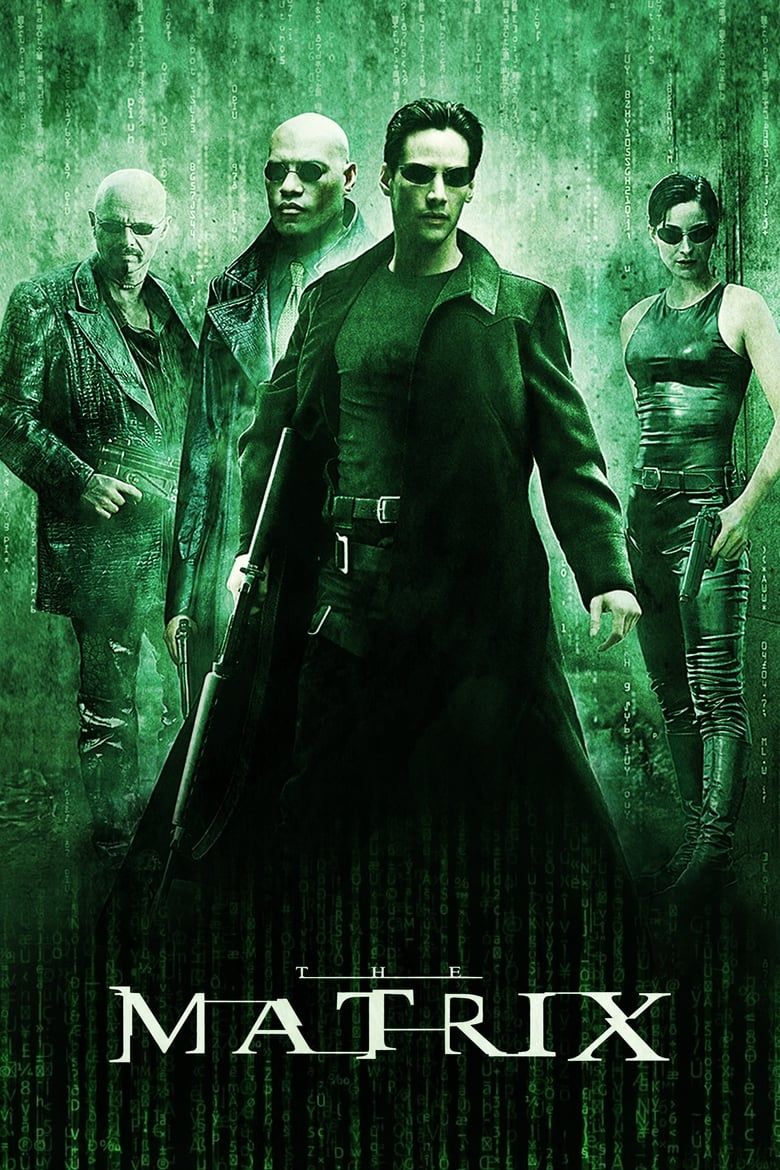
The Matrix
- Release Date
-
March 31, 1999
- Runtime
-
136 minutes
1
‘2001: A Space Odyssey’ (1968)
Directed by Stanley Kubrick
As perhaps the quintessential sci-fi epic, it’s hard not to think about 2001: A Space Odyssey, first and foremost, when the topic at hand is complex and thought-provoking pieces of science fiction. This one starts in prehistoric times, jumps forward to what was then about three decades into the future, and, by the end, has gone way into the future, exploring in a truly out-of-this-world way where humanity could go.
It is a lot to digest, and 2001: A Space Odyssey does indeed benefit from being watched more than just once, perhaps more than the vast majority of sci-fi movies out there. But it’s immensely rewarding and does about as much as you could do on a storytelling and thematic front, all the while also being patiently paced and visually/stylistically bold. It’s a lot, but so is, like, existence, man.
NEXT: Sci-Fi Movies That Are Also Epics, Ranked


